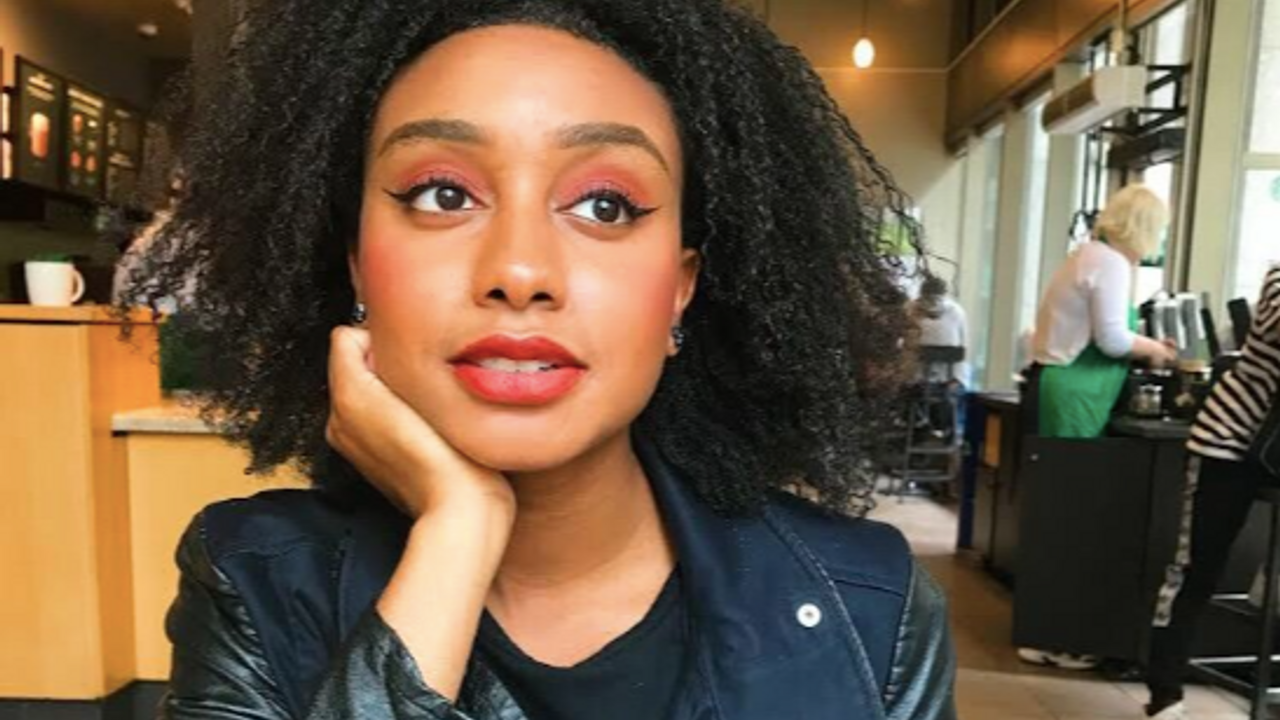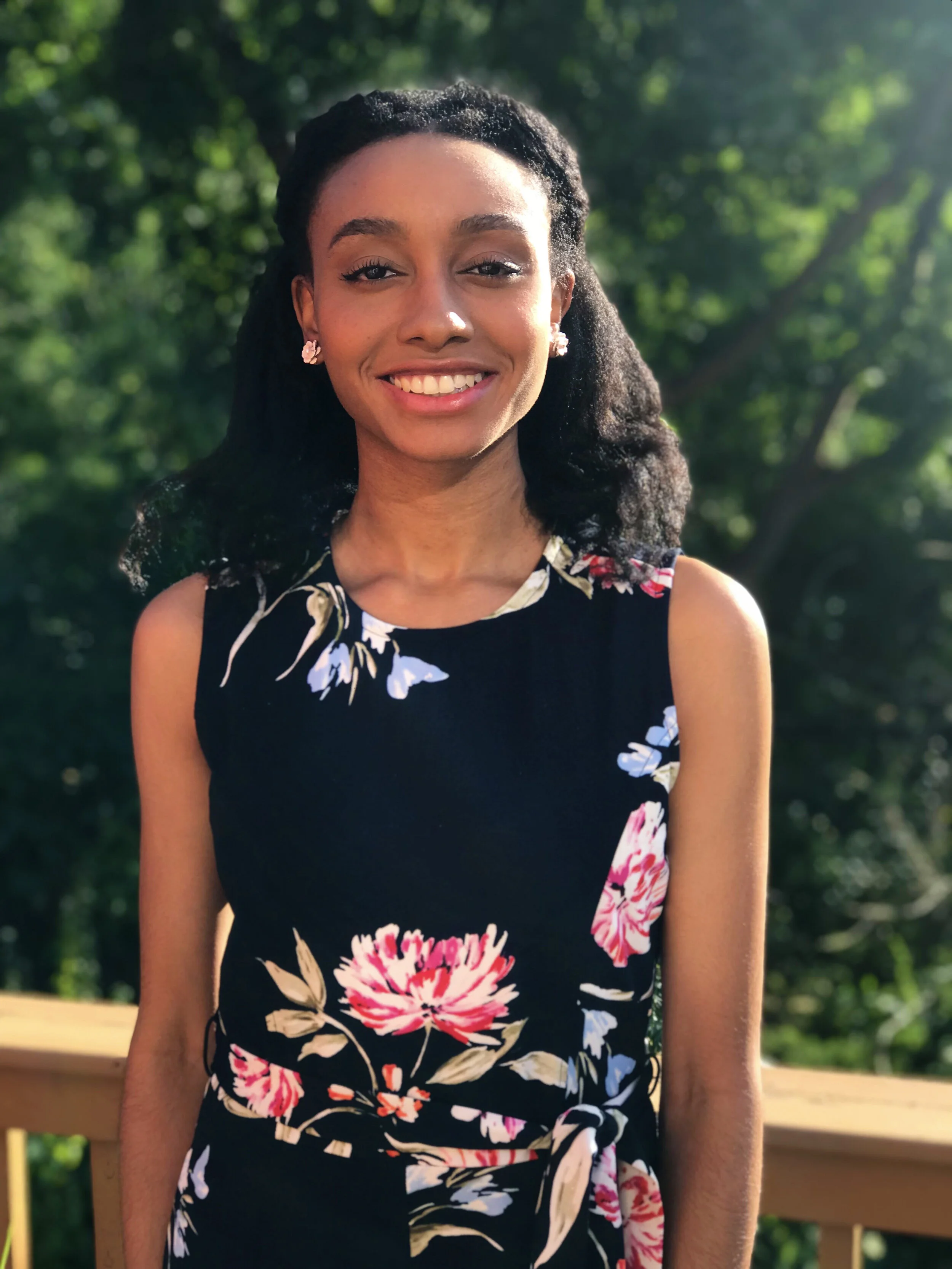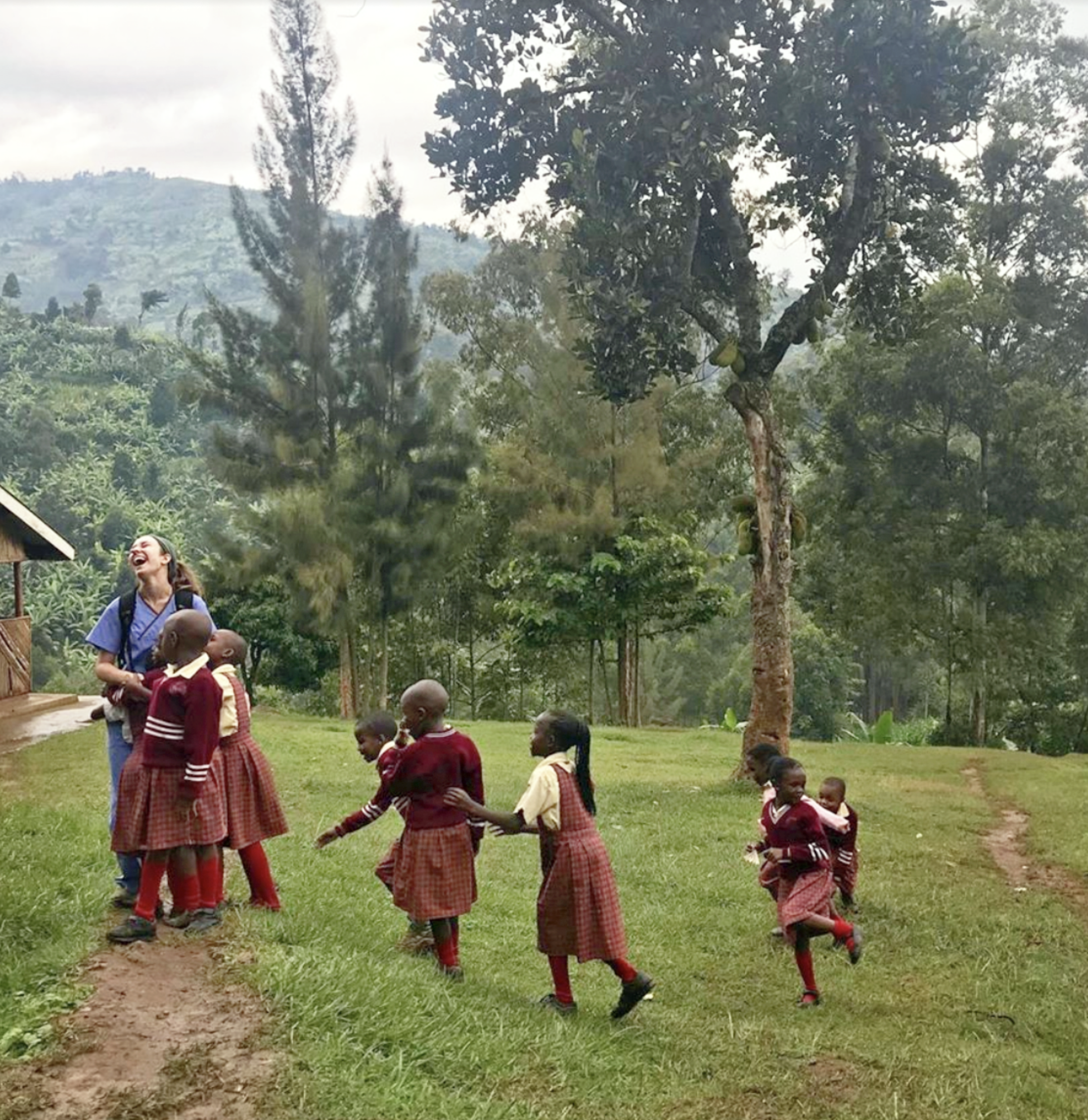
Getting Into Grad School
Sep 06, 2021Here at FIMRC, we provide access to healthcare to underserved communities around the world, and volunteers come from near and far to help us with our mission. FIMRC has worked with a variety of volunteers passionate about global health and today, we are highlighting Keara Williams.
Originally from Toronto, Canada, Keara is a recent graduate of Carleton University and a current graduate student pursuing her M.A. in Globalization. Keara participated in our Virtual Global Health Fellowship program where she created Female Empowerment Education Materials for the women of Project Bududa, Uganda and credits her time with FIMRC to her experience in graduate school. “I was eager to understand what a small-scale, non-profit organization like FIMRC provides to help make healthcare services more accessible and equitable in the underserved communities they operate within,” says Keara. “I enjoyed learning how people shape the world around them and, conversely, how their environment shapes their development and actions. I am so grateful for the chance to volunteer with FIMRC. It was a life changing experience that I will never forget.”
Hear What Keara Had To Say About Her Experience Volunteering With FIMRC And How It Helped Her Get To Where She Is Today:

FIMRC advocates that to improve global health, we must address how the social determinants of health—income, education level, culture, gender, and housing, among other things—influence health. Through my time with FIMRC, I learned how we should consider a person’s health long before being diagnosed as sick. Furthermore, we must be proactive in improving global health through policy formation and implementing health promotion interventions to promote well-being. This lesson inspired me to study global health and globalization in graduate school and pursue a career as a health policymaker to address the social determinants of health in international settings and reduce health disparities worldwide. Studying globalization is essential in the context of global health because it shapes the social determinants of health. As this world has become increasingly interconnected, national and international policy has shaped the social determinants of health, including the environments in which we live, the jobs available to us, our culture, the quality of our education, and the availability of healthcare services. These factors influence our lives and health status, especially those belonging to marginalized groups.
I can confidently say that my experience volunteering with FIMRC influenced my acceptance into grad school and helped determine the focus of my studies. I left FIMRC with foundational knowledge about global health challenges and potential solutions to improving healthcare worldwide. I also gained practical experience working in global health aid by completing a health education project for the FIMRC project site Bududa, Uganda. Directly after my volunteer experience with FIMRC, I applied for a United Nations Online Volunteering position where I described the skills I acquired from volunteering with FIMRC as demonstrating my capability to help support another non-profit virtually. I ended up being selected to help support a non-profit in Chililabombwe, Zambia, in a COVID-19 emergency response position as a United Nations Online Volunteer! FIMRC opened this opportunity for me, allowing me to gain more practical experience in the global health field, ultimately making me a stronger applicant when applying to graduate schools.

In my grad school application package, I discussed in detail how volunteering with FIMRC motivated me to pursue a career in global health policy and how the knowledge and practical experience I gained demonstrates my commitment to health equity and to be successful in completing the program. I could not be more thankful that FIMRCs Virtual Global Health Fellowship exists because this experience opened so many doors for me on my journey to one day having a career in global health. I plan to research how globalization affects gender inequalities and how women and children’s rights are being impacted by historical and recent international policy formation. My interest to focus on women’s rights was ignited when I had the opportunity to help develop female empowerment health education materials to empower women and girls in the community of Bududa, Uganda. Working on this project was so dear to me. It has encouraged me to continue pursuing a career in health policy to create sustainable global change in the health sector and various social institutions to improve the quality of life for women and children.
The most important advice I can give to students interested in undertaking a similar path is to simply be bold and apply yourself. I am perhaps the last person to always be confident in my abilities and push myself to take risks. This is because sometimes, I have allowed my fear of rejection to get the best of me and hold me back from pursuing what I want. I know that putting yourself out there can be daunting, but I promise you, it’s worth it. What is the worst that can happen? If you are rejected, this is an opportunity to learn more, grow as a person, and improve yourself. Then, when you apply yourself again, you will have come back even stronger. If it is something you want, give it a chance because you just might succeed. If you told me back in 2020 that I would be attending graduate school in 2021, I would not believe you. But here I am! If I did not take the leap and volunteer with FIMRC, I would have missed out on gaining invaluable knowledge and practical experience in the field of global health. In addition, I may never have had the opportunity to contribute to the Sustainable Development Goals by supporting a non-profit in Zambia as a United Nations Online Volunteer. But most importantly, if I didn’t apply myself, I would not be writing this blog today explaining my journey into graduate school. I am so excited that I took that chance because now I am following my passion and learning about Globalization and Global health in my top choice program for the 2021-2022 school year. I hope that whoever reads this will find and follow their passion too.

About The FIMRC Virtual Global Health Fellowship
The Virtual Global Health Fellowship program is divided into three sessions, each running four weeks long. With no obligation to complete all three, this program grants you the opportunity to study the world of global health at your own pace while making lifelong connections along the way. Sessions I and II of the fellowship provide a foundation for the world of global health where it is then applied to FIMRC project sites. After completing both sessions, participants can continue to build upon this foundation in Session III by selecting from one of our 12 tracks highlighting a global health topic such as maternal and child health, nutrition, racism and healthcare, and much more.
Learn More:
If you’re interested in learning more about FIMRC’s Virtual Volunteer Programs and healthcare tracks, email [email protected]
If you’re a fellow FIMRC volunteer and would like to share your story, email [email protected]
Interested in volunteering abroad or participating in our virtual programs? Check them out below!
Stay connected with news and updates!
Join our mailing list to receive the latest news and updates from our team.
Don't worry, your information will not be shared.
We hate SPAM. We will never sell your information, for any reason.

